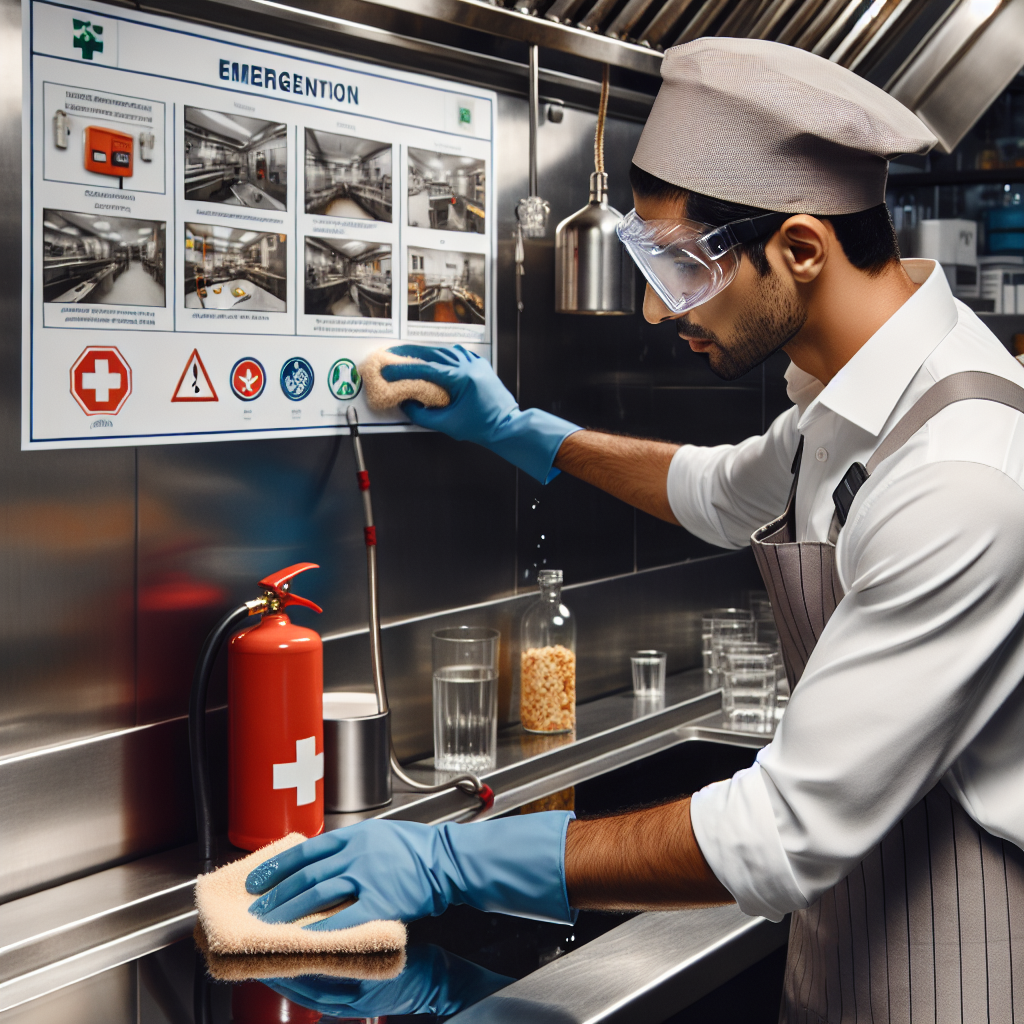Why Hood Cleaning is Essential for Emergency Preparedness
When it comes to running a restaurant, maintaining a clean and safe kitchen is as essential as ensuring excellent food and service. Hood cleaning is often regarded as routine maintenance; however, it also plays a crucial role in emergency preparedness. In this blog post, we dive into how a consistent hood cleaning schedule can serve as a safety net, protecting your establishment and staff in times of crisis.
Understanding the Importance of Hood Cleaning
Before we discuss emergency preparedness, it’s crucial to understand the basics. A restaurant’s exhaust hood system is designed to remove grease, smoke, and other particulates from the kitchen air. Over time, grease accumulates in the hood, vents, and ducts. If not cleaned regularly, this buildup can become a severe fire hazard.
Fire Hazards and Emergency Situations
A neglected hood system is a ticking time bomb. The grease buildup becomes highly flammable, especially when subjected to high cooking temperatures. Should a fire start on the stovetop, the flames can travel up into the hood system, igniting the grease. This scenario can lead to extensive damage, safety risks, and even complete shutdowns of the restaurant. Having an efficient restaurant hood cleaning plan can drastically minimize these risks.
How Frequently Should Hood Cleaning Be Done?
The frequency of commercial kitchen hood cleaning depends on the volume and type of cooking performed in a restaurant. Some establishments may require monthly cleanings, while others may get by with quarterly or semi-annual servicing. Consulting with professionals such as Nashville Hood Cleaning Pros can ensure that your cleaning schedule is optimal for your specific circumstances.
The Role of Professional Hood Cleaning Services
While some restaurant managers opt to handle cleaning in-house, hiring a professional service guarantees thorough and effective cleaning. Approaching experts like exhaust hood cleaning professionals ensures that every part of the system, from the hood to the ductwork, is free from grease buildup. This not only prolongs the life of the equipment but also significantly reduces fire risks.
Inspections and Documentation
Another advantage of using professional services is the detailed inspection reports and documentation they provide. Regular inspections can identify potential issues before they become significant problems. The documentation also serves as proof of compliance with local fire codes and health regulations, which can be crucial during inspections or investigations.
Training and Awareness
Emergency preparedness is not just a one-time event; it’s an ongoing effort. Staff training is essential to ensure that everyone knows how to react in case of emergencies. Training sessions should include:
- Basic fire safety practices
- How to use fire extinguishers effectively
- What to do in case of a grease fire
- Evacuation procedures
Additionally, employees should be made aware of the importance of hood cleaning and how it relates to their safety. When staff understand the risks and the preventative steps taken, they are more likely to adhere to safety protocols.
Integrating Hood Cleaning into Your Emergency Plan
Emergency preparedness plans should be comprehensive and include various safety aspects, one of which is regular restaurant hood cleaning. Here are some steps to integrate hood cleaning into your emergency preparedness plan:
- Schedule Regular Cleanings: Maintain a consistent cleaning schedule based on your cooking volume.
- Use Professional Services: Partner with experts like Nashville Hood Cleaning Pros to ensure thorough cleaning.
- Keep Documentation: Maintain records of all cleanings and inspections for regulatory compliance and insurance purposes.
- Employee Training: Train staff on fire safety, emergency procedures, and the importance of hood cleaning.
- Regular Inspections: Conduct and document regular inspections to identify and address potential issues promptly.
Incorporating these steps not only enhances safety but also demonstrates a commitment to maintaining a professional and well-managed establishment.
Conclusion
Emergency preparedness is vital for the safety and continuity of any restaurant. Regular hood cleaning is a critical component of this, helping to mitigate fire risks and ensuring compliance with health and safety regulations. By partnering with professionals like Nashville Hood Cleaning Pros, you can ensure that your commercial kitchen hood cleaning is performed to the highest standards, providing you with peace of mind and a robust safety net.


